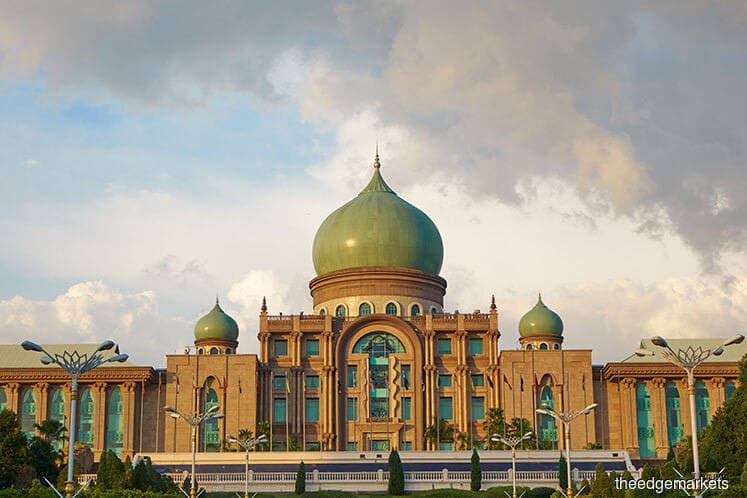
This article first appeared in The Edge Financial Daily on May 31, 2018
KUALA LUMPUR: The government will reintroduce the sales and services tax (SST) on Sept 1 in place of the goods and services tax (GST) which will be zero-rated from June 1.
Prime Minister Tun Dr Mahathir Mohamad, who announced this yesterday, said further details, such as the new SST rate, would be disclosed by the finance ministry today.
“We will roll out the SST beginning September and meanwhile, the zero-rated GST will kick off on June 1, as per what we have announced,” Dr Mahathir told a press conference after chairing the cabinet meeting.
A brainchild of former prime minister Datuk Seri Najib Razak, the GST was implemented on April 1, 2015 at a 6% rate, replacing the previous 10% SST.
A week after Pakatan Harapan’s victory in the May 9 general election, the new government said the rate of the highly unpopular GST would be reduced to 0% effective June 1. Abolishing the GST, blamed by many for the rising cost of living, was among the election promises by Pakatan.
In 2017, the government collected RM44.3 billion in GST, equivalent to 3.3% of the country’s gross domestic product.
Dr Mahathir yesterday also announced that the government would retain the current retail fuel price for RON95 and diesel, but the price of the premium RON97 petrol would be determined by a floating mechanism.
“The price for diesel and RON95 will be maintained, but the price for RON97 will be floated according to the market,” he said.
At present, RON95 and diesel are sold at RM2.20 and RM2.18 per litre respectively, while RON97 is at RM2.47.
The previous government had kept fuel prices unchanged in the weeks ahead of the May 9 polls despite rising crude oil prices. This was despite its policy of fixing retail petrol prices based on the managed float approach, under which the government would calculate the average price for a particular week and set it as the price for the following week.
In its election manifesto, Pakatan had promised to provide targeted fuel subsidy for low-income earners.
On another matter, Dr Mahathir said the cabinet had yet to fully scrutinise pending trade agreements such as the Regional Comprehensive Economic Partnership (RCEP) and the Comprehensive and Progressive Agreement for Trans-Pacific Partnership (CP-TPP).
“We haven’t thought about that (trade deals) but you know my personal stance on that,” he said, adding however that he would consult other ministers on the matter.
“Of course, my personal stance is affected by my colleagues in the cabinet. That is because I am no longer a dictator,” he said in jest.
CP-TPP is a signed, but not yet ratified, trade pact among Australia, Brunei, Canada, Chile, Japan, Malaysia, Mexico, New Zealand, Peru, Singapore and Vietnam. At least six countries are needed to ratify it, to fully implement the trade agreement.
As for the RCEP, it is a free trade agreement between10 Asean countries and Australia, China, India, Japan, South Korea and New Zealand.